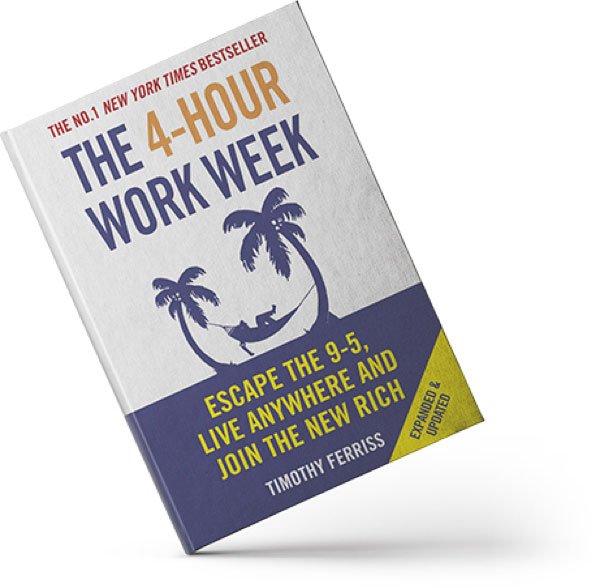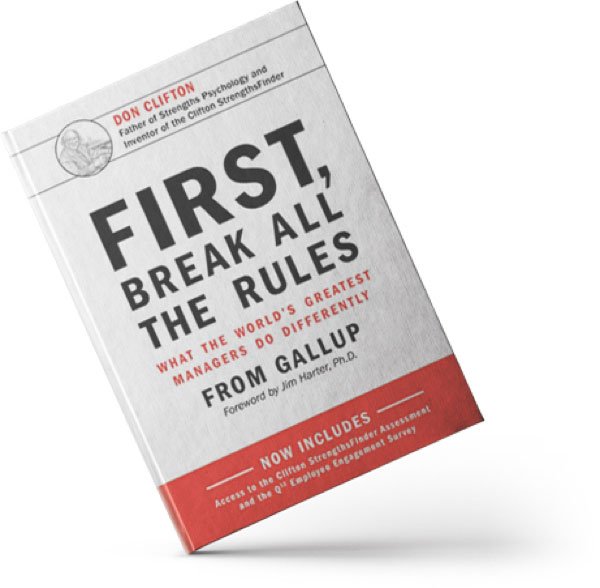As you will be aware, the Chancellor used the recent Spring Budget to announce the successful bidders that have been approved to operate Freeports – incredible news for local business and investment into the 8 regions.
One of those sites is in the East Midlands, and Alicia Kearns, MP for Rutland & Melton, said the Freeport would “turbocharge” the region.
BUT WHAT ARE FREEPORTS?
This article looks at Freeports in the context of transaction taxes, VAT, SDLT and so on. You may have heard the saying that VAT law is a “fiscal theme park”. Well, Freeports appear to try to cut through that to a degree. They are economic zones where “normal” VAT and Customs rules don’t apply… Whatever “normal” means in the world of VAT.
There is no detailed guidance released yet on the mechanics of the Freeports from a VAT, customs or SDLT perspective, but the Government’s bidding prospectus outlines the objectives, should you want the detail: Freeports Bidding Prospectus (publishing.service.gov.uk).
In essence, the Government’s objectives are:
a) To Establish Freeports as national hubs for global trade and investment across the UK;
b) To help promote regeneration and job creation – lead policy objective; and
c) To create hotbeds for innovation.
The sites will be:
- Thames (Tilbury & London Gateway area)
- Felixstowe
- Liverpool
- Hull
- Southampton
- Plymouth
- Teesside
- East Midlands Airport
CUSTOMS & VAT
The main benefit will be the ability to access valuable customs simplifications without the requirement to hold the authorisation. With a Freeport, the site operator takes on the obligations as the authorisation holder, and therefore agrees to ensure the compliance of the businesses trading on the sites. Hugely valuable, but we await the detail…
Essentially, the main focus is the ability to bring goods into the UK for processing with suspense of Customs Duty and Import VAT whilst the goods are processed. The relevant rate of Import VAT and Customs Duty would only apply on release from the Freeport if applicable. Also, the Freeports can include temporary storage and transit areas, allowing businesses to take advantage of those authorisations too. Again, the benefit being that goods can be stored and move whilst payment of Customs Duty and Import VAT is suspended for a period of time, or until moved to another location.
This does create greater trading flexibility for manufacturing or processing businesses and also offers a cash flow benefit when bringing raw materials into the UK. Also, it can be beneficial in terms of real savings where the raw materials may have higher duty rates than finished goods. It would also improve processing time, as you could receive goods via air freight, repair them in the Freeport and move them back out again very quickly.
It’s unclear what the requirements and process will be for businesses who want to trade in a Freeport, and they may vary depending on the individual port operators, but there will be HMRC requirements that will exist in the same way for each site:
- The site operator will be required to be authorised to a standard akin to the Authorised Economic Operation Safety and Security standards (referred to as AEOS).
- Principally, the operator of a Freeport customs site is responsible for the control of movement of goods and the access of people in and out of the customs site.
- This will include ensuring that goods are only able to leave the Freeport customs site when permitted by HM Government.
- Operators of Freeport customs sites must adhere to the OECD Code of Conduct for Clean Free Trade Zones and obligations under the Money Laundering, Terrorist Financing and Transfer of Funds Regs.
- An operator of a Freeport customs site will be jointly and severally liable with a declarant for any import duty liability arising where there is a breach of any authorisation.
- The sites have to have an improved inventory linked system to communicate with HMRC regarding the movements of goods (not all UK ports have an inventory linked system).
WHAT ABOUT STAMP DUTY LAND TAX?
The government intends to offer SDLT relief on land purchases within Freeport sites in England where that property is to be used for qualifying commercial activity (“commercial activity” is yet to be defined but expected to be wide).
It is intended that this relief will apply from 1 April 2021 until 31 March 2026. And clawback of this relief is intended to apply in cases where land is not used for a qualifying purpose within a control period – usually three years or earlier if the land is sold.
All purchasers of qualifying property and land would be able to claim this relief through the SDLT return.























